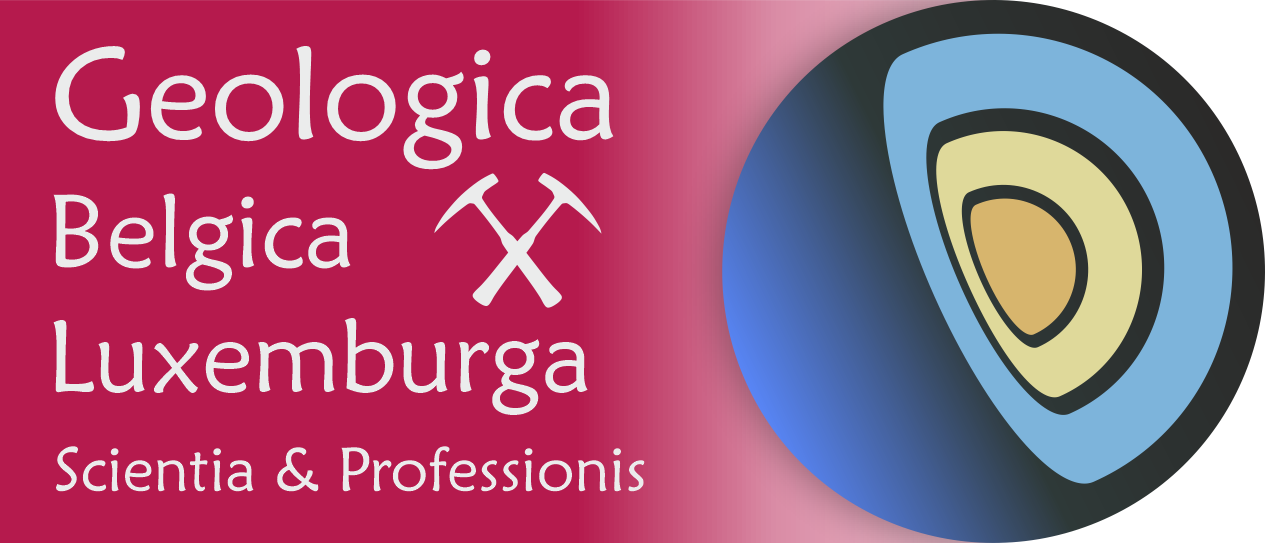The potential of soil survey as a tool for surface geological mapping: a case study in a hydrological experimental catchment (Huewelerbach, Grand-Duchy of Luxembourg)
Centre de Recherche Public - Gabriel Lippmann - Département Environnement et Agrobiotechnologies (EVA), 41 rue du Brill, L-4422 Belvaux, Luxembourg.
Centre de Recherche Public - Gabriel Lippmann - Département Environnement et Agrobiotechnologies (EVA), 41 rue du Brill, L-4422 Belvaux, Luxembourg.
Centre de Recherche Public - Gabriel Lippmann - Département Environnement et Agrobiotechnologies (EVA), 41 rue du Brill, L-4422 Belvaux, Luxembourg.
Centre de Recherche Public - Gabriel Lippmann - Département Environnement et Agrobiotechnologies (EVA), 41 rue du Brill, L-4422 Belvaux, Luxembourg.
Abstract
The geological map is the basic and necessary information to perform a soil survey. Nevertheless, the scale of the geological map does not always correspond to the requirements of some hydropedological studies, especially when they are performed at the headwater catchment scale. Furthermore, in temperate climate regions, where the outcrops are not always available, the soil survey can contribute to give relevant information on the surface geology. In this paper, we show the importance of the soil C-horizon’s description regarding the identification of the underlying bedrock. Performed in a hydrological experimental catchment in the Grand Duchy of Luxembourg, this approach allows to better determine the limits of the geological strata at a larger scale and delivers more relevant information to the hydrologists. We highlight the presence of the “Formation de Mortinsart” (ko) from Rhetian age, which was not mapped at the geological scale and which plays a key role in the water pathway and residence time in this little catchment.

